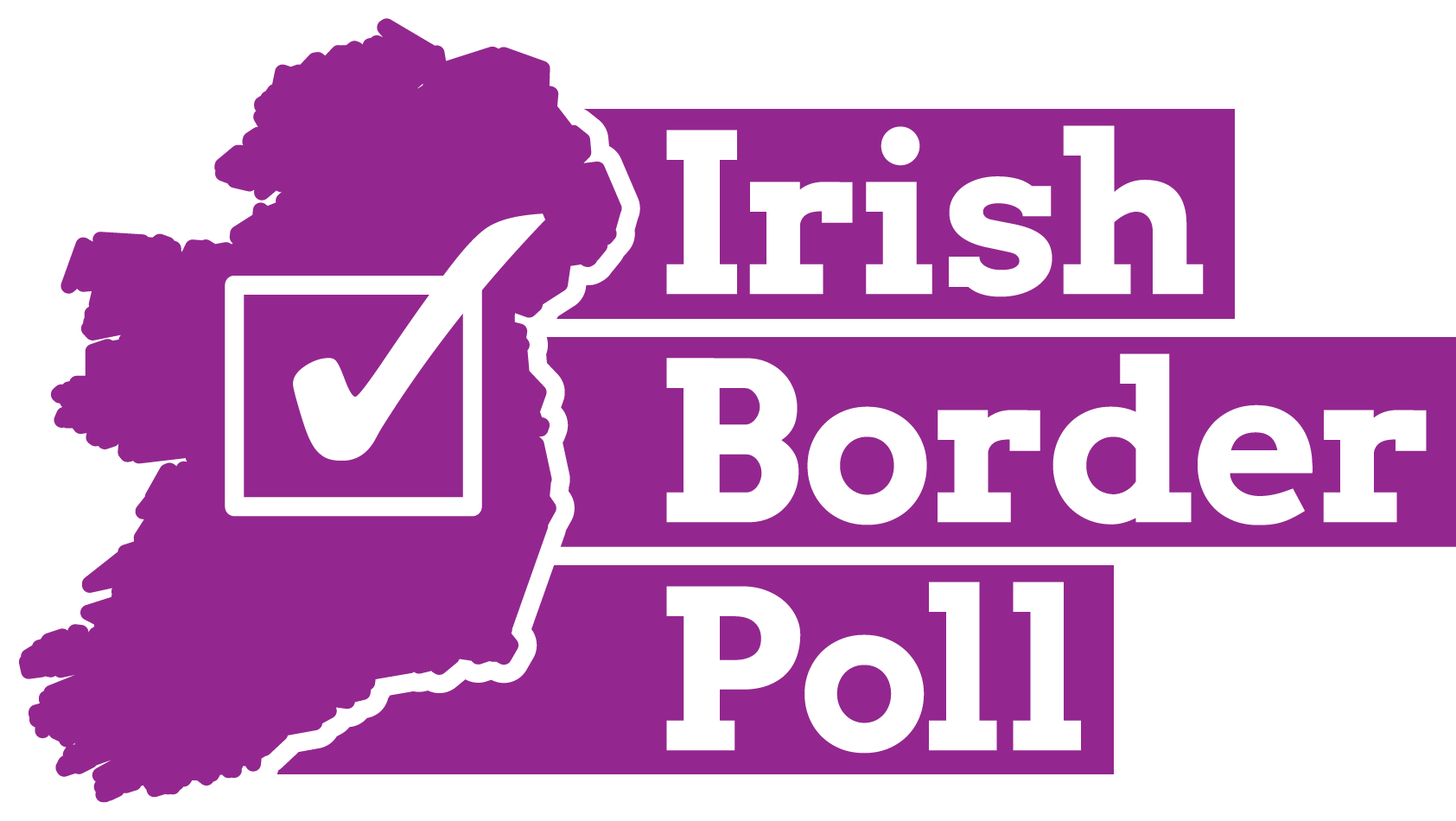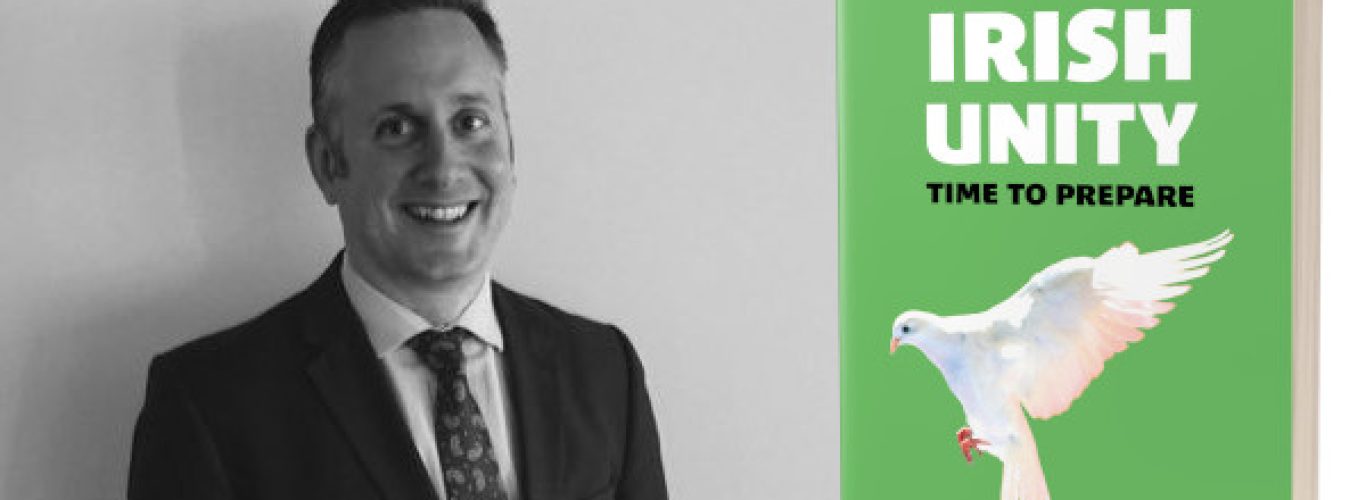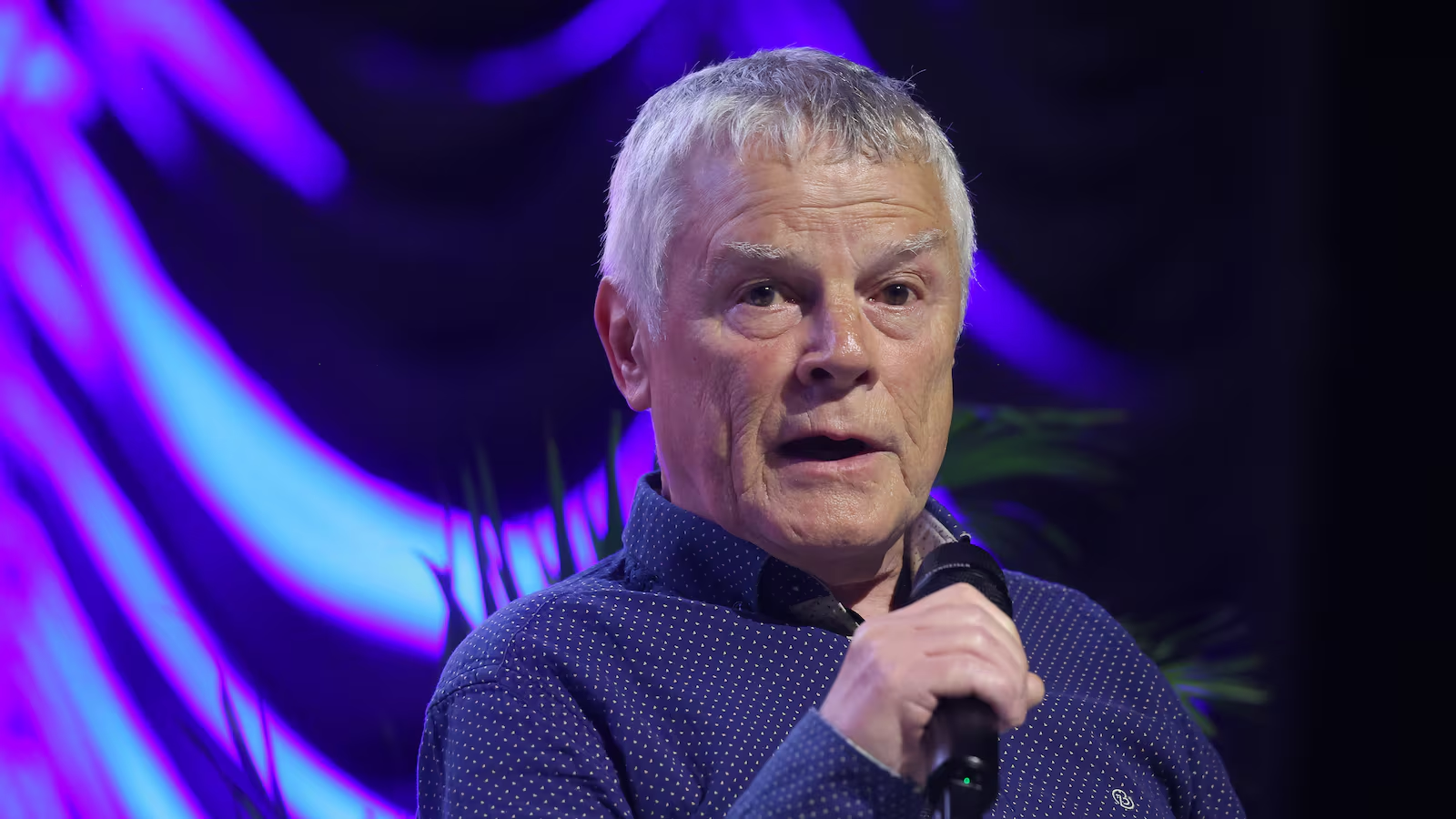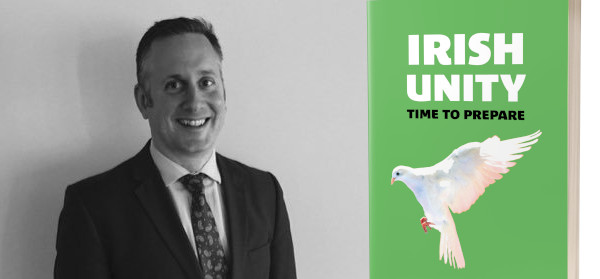Ben Collins’ forthcoming book, Irish Unity: Time To Prepare, is due out in early October. In September he will outline the theme of his book for irishborderpoll.com, explaining how it`s time for a United Ireland and how we need to prepare for a border poll and the new Ireland. Here he explains his conversion from unionism to Irish Unity.
My conversion to the New Ireland cause was not an overnight decision and predates Brexit. I have always felt Irish and while initially this was in addition to feeling British, my thinking has changed over time. During The Troubles as someone who was raised in a Unionist and pro-British background, I was aware that there were people who were Irish, wanted a United Ireland and supported violence as a means to achieving it. That horrified me, as all political violence horrifies me. I moved to Dundee to study Law at the start of September 1994, before the impact of the first IRA ceasefire. At university I met and socialised with people from across Ireland, in a way which I had not been able to do at home. When I returned to Belfast that Christmas the atmosphere was changed. There were both Republican and Loyalist ceasefires in place. The centre of Belfast was buzzing as eager shoppers went about their business.
As the peace process progressed I was an interested observer, rather than a participant. I didn’t vote in the Good Friday Agreement referendum, as I was still a student in Scotland, but I would have definitely voted yes. When my degree finished I returned to Northern Ireland to study for a business degree and like many people, I had high hopes that Northern Ireland could finally become an economic powerhouse, now that we had peace. I am still waiting for that potential to be fully realised nearly twenty-five years later. It is ironic that the NI Protocol offers unique access to the EU and UK markets for the region but political Unionism is opposed to this economic opportunity.
The beauty of the Good Friday Agreement was that you could be Irish, British, European, or all three. Borders were increasingly irrelevant. It allowed me to think about the aspiration of a United Ireland, in a way I couldn’t have done during The Troubles. While studying I took the chance to work for the Ulster Unionist Party in the 2001 Westminster Election, even though I wasn’t a party member. This appealed to me as I believed that David Trimble was a visionary for Unionism and it was crucial that the progress of the Good Friday Agreement was maintained.
After I finished my studies I moved back to Scotland, to work for a global communications agency. It was a relief to be able to engage with the Scottish Parliament and deal with bread and butter issues. I had recently joined the Conservative party as I believed in free enterprise and did not like the idea of government interfering in people’s lives. I realise better now, that there is an important difference between government safeguarding people, especially the vulnerable, and government getting in the way of people living their own lives. As someone who was pro-European and socially liberal, I hoped and expected that Ken Clarke would become leader and move the party back towards the centre.
Unfortunately this did not happen, the party became increasingly Eurosceptic and I felt more uncomfortable being part of it. I left it in 2003 and that autumn I attended the SNP conference where the party talked about fiscal autonomy for Scotland. It resonated with me, that a country should be able to raise and spend its own taxes.
Whereas I had always felt a mixture of British and Irish, as I spent more time in Scotland my sense of Irishness grew, as my Britishness dissipated. I returned to Belfast in early 2006 and started working as a press officer in the Northern Ireland Office, the UK Government Department. This was at the time of negotiations leading up to the St Andrew’s Agreement.
It felt amazing that a deal was done between the DUP and Sinn Féin. I hoped again that this deal would lead to increased prosperity for Northern Ireland and that we could see growth similar to that which had been experienced by the Irish Republic over the previous decade.
For me sovereignty is not about a flag on a pole, it is about food on the table and a roof over the head.
Over the following years I also had the opportunity to work across Wales which is a brilliant country. When the Scottish independence referendum was announced I took an immediate interest and felt strongly drawn to the case being made for yes. I was disappointed when Scotland voted narrowly to remain part of the UK. But I knew that things had fundamentally changed. The UK Government had hoped to win this referendum by a 2:1 margin, to put the issue to bed for a generation. This did not happen, especially as the promise of extra powers for the Scottish Parliament failed to materialise.
While I was not surprised at the Scottish independence vote result in 2014, I never thought that people would vote for the madness of Brexit. A large vote in England meant that the rest of the UK had to leave the EU, even though Scotland and Northern Ireland both voted decisively to remain. My desire for Irish Unity moved from being a long term aspiration, to one which now held an urgent necessity for me. I had family members and close friends who voted for Brexit but I still hated everything that it represented. It felt like part of my identity was being stripped away. The Irish passport application which had been sitting in a drawer for years was filled in and sent off by post.
I looked to the Irish Government to protect my rights as someone living in Northern Ireland, as the UK Government was focused on other issues. This felt so different from my time in the Northern Ireland Office, when the Irish and UK Governments worked together to stabilise the peace process in Northern Ireland. I also thought the Irish Government showed better leadership at the start of the pandemic.
There are many people like me who come from a Unionist and British background, who want to be part of the European Union and are now open to the idea of Irish Unity. They want to know what does Unity mean for the health service, pensions and the economy. We have to provide a pathway for the Protestant Unionist and Loyalist community into the New Ireland. They need to be reassured that their rights will be protected. I do not believe that the continuation of the Stormont Assembly is the answer. There is no such thing as a kinder, gentler form of partition. To ensure that all who live across the island of Ireland benefit from Unity, we need to have one economy, one health service and one legal system, firmly embedded in the European Single Market, which is the largest economic bloc in the world.
We now have a scenario where the UK Government refuses to state how Scotland can legally leave the UK. At the same time they won’t set out the criteria which would trigger a border poll in Northern Ireland. This does not feel like a voluntary union to me. It is another reason why I want to see Irish Unity and I believe this is achievable within the next decade.
SAVE THE DATE
You are invited to come and hear Ben debate with politicians and ask questions about his book, Irish Unity: Time To Prepare, on Monday October 17th, 7 pm in Westminster, central London.
If you would like a reminder nearer the time – hit the Subscribe button on irishborderpoll.com and we will send you a reminder a fortnight before the event.




